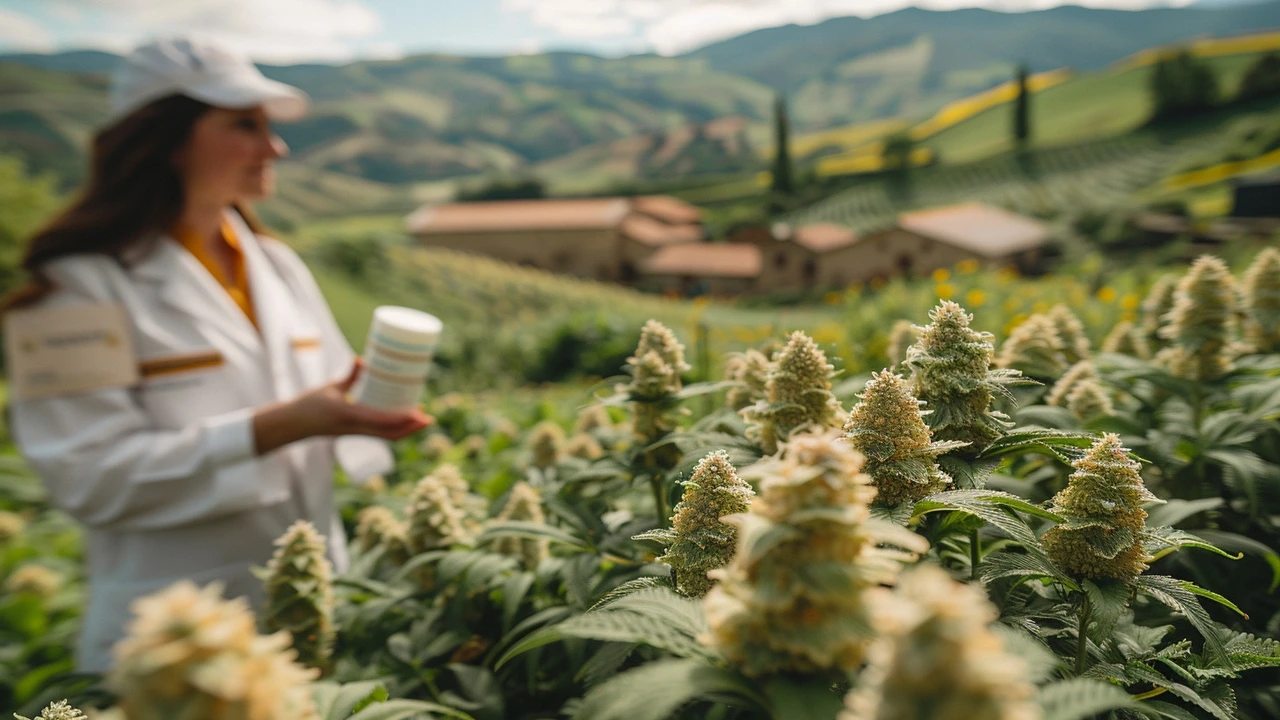Antioxidant: What They Do and How to Use Them
Ever wonder why people talk about antioxidants like they’re a health secret? They’re not magic, but they do help. Antioxidants neutralize free radicals—unstable molecules that damage cells and speed aging. That damage, called oxidative stress, links to inflammation, some chronic diseases, and slower recovery after injury. Knowing where antioxidants come from and how to use them makes a difference without hype.
Best food sources you can eat today
Want antioxidant power without supplements? Eat color. Berries (blueberries, strawberries), dark leafy greens (kale, spinach), and colorful vegetables (beets, red peppers) are quick wins. Nuts like walnuts and pecans, seeds, and beans bring steady, daily protection. Green tea and coffee provide polyphenols; a square of dark chocolate (70% or more) gives flavonoids. Spices — turmeric, cinnamon, and ginger — add antioxidants and flavor. A practical plate: berries at breakfast, a big salad at lunch, and a colorful stir-fry at dinner.
People sometimes check ORAC scores to compare foods. ORAC measures antioxidant capacity in a lab, but it doesn’t predict how a food acts in your body. Focus on variety and whole foods rather than chasing a single number.
Supplements and safety — what to know
Supplements can help if your diet lacks certain nutrients, but they’re not a replacement for food. Common antioxidant supplements include vitamin C, vitamin E, selenium, alpha-lipoic acid, and resveratrol. They can be useful short-term, for deficiency, or during recovery from intense training. High doses, though, can cause problems. For example, too much vitamin E may increase bleeding risk if you’re on blood thinners. High-dose antioxidants might also interfere with some chemotherapy or blunt training adaptations after intense exercise.
Ask your doctor before starting supplements, especially if you take medication or have a chronic condition. A simple blood test can reveal deficiencies and guide sensible dosing.
Small lifestyle choices matter: quit smoking (it raises oxidative stress), limit processed foods, sleep well, and move regularly. Exercise boosts your body’s own antioxidant defenses over time, even if it creates short bursts of free radicals during workouts.
If you want short, practical steps: add berries and leafy greens to daily meals, swap refined snacks for nuts, drink green tea instead of sugary drinks, and talk to your clinician before adding supplements. That approach gives protection without unnecessary risk.
For related reads, check articles on natural supplements like Solomon's Seal and Ficin, and guides about smoking and eye health — they all tie back to oxidative stress and how lifestyle or supplements can help or harm.
Discovering Polypodium Leucotomos: The Incredible Benefits of This Natural Wonder
Explore the powerful benefits of Polypodium Leucotomos, a miracle plant known for its antioxidant properties. Learn how it can improve skin health, provide sun protection, and offer anti-aging benefits. Dive into the science behind this botanical treasure and discover practical tips for incorporating it into your daily life.

